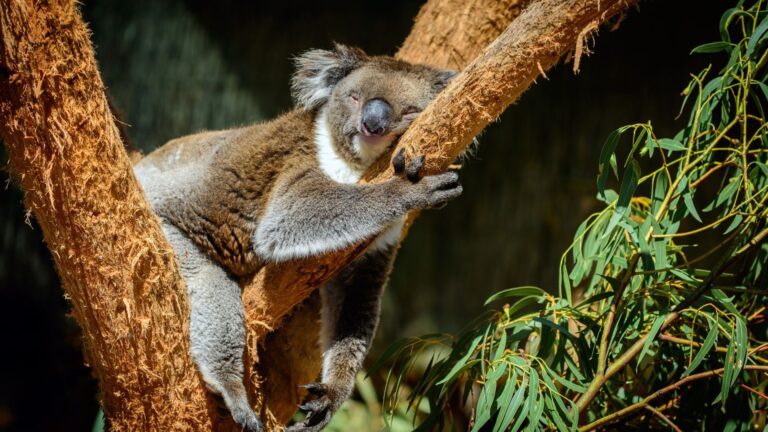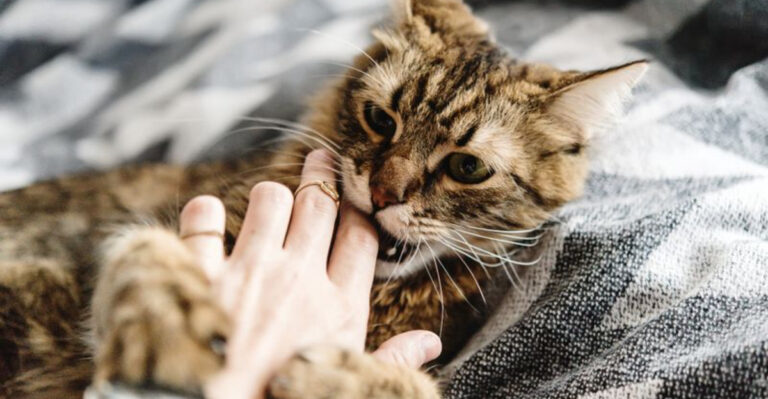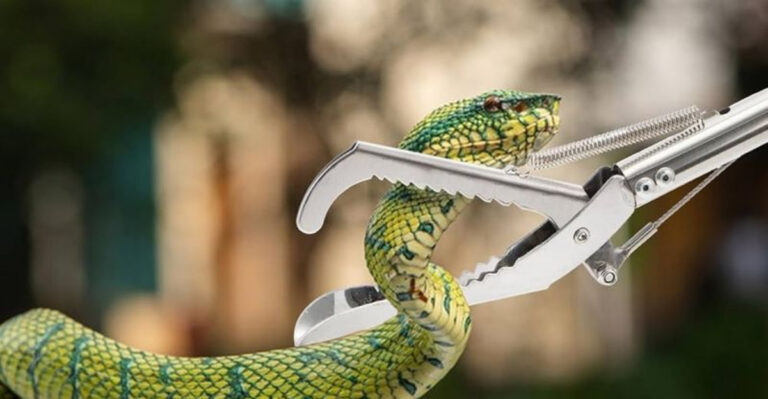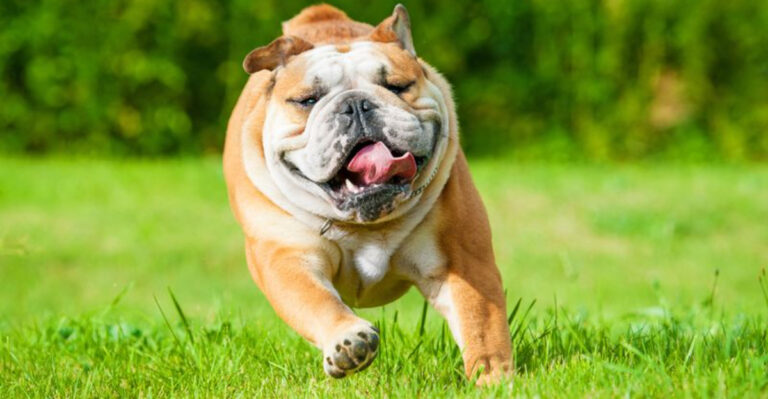14 Dog Breeds That Come With Extra Challenges
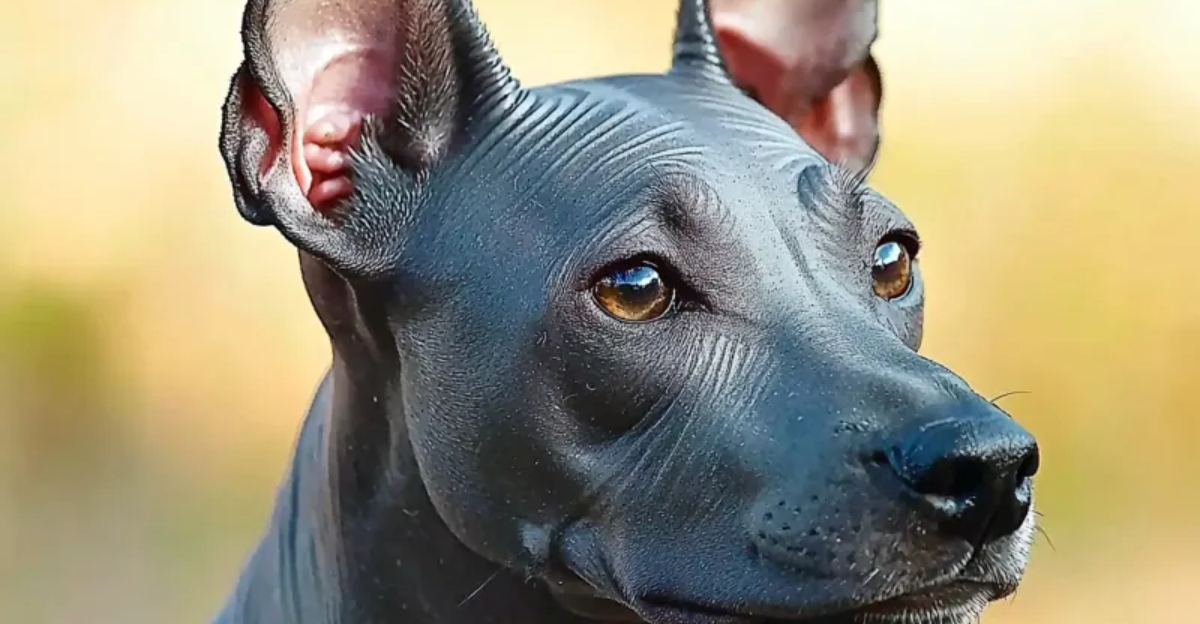
Dogs are known as man’s best friend, but some breeds come with their own set of challenges that future owners should be aware of.
Being aware of these challenges can help potential pet owners make informed decisions and ensure they’re ready for the responsibilities of owning that breed.
Understanding a dog’s needs before bringing them home can lead to a better and more harmonious relationship with your new companion.
1. Shar Pei
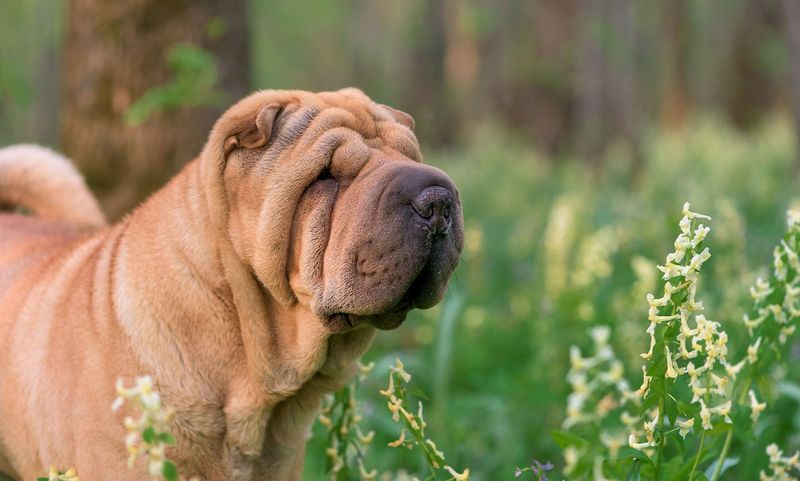
With their adorable wrinkled skin and unique look, these dogs are sure to turn heads, but they do require some extra care.
Their deep folds can lead to skin problems, so regular cleaning is essential to keep infections at bay. Naturally a bit reserved, they can be wary of strangers, which makes early socialization crucial.
Training can take some patience since they’re independent thinkers, but with consistency and positive reinforcement, you’ll see progress. When cared for properly, they make loyal and fascinating companions!
2. Xoloitzcuintli
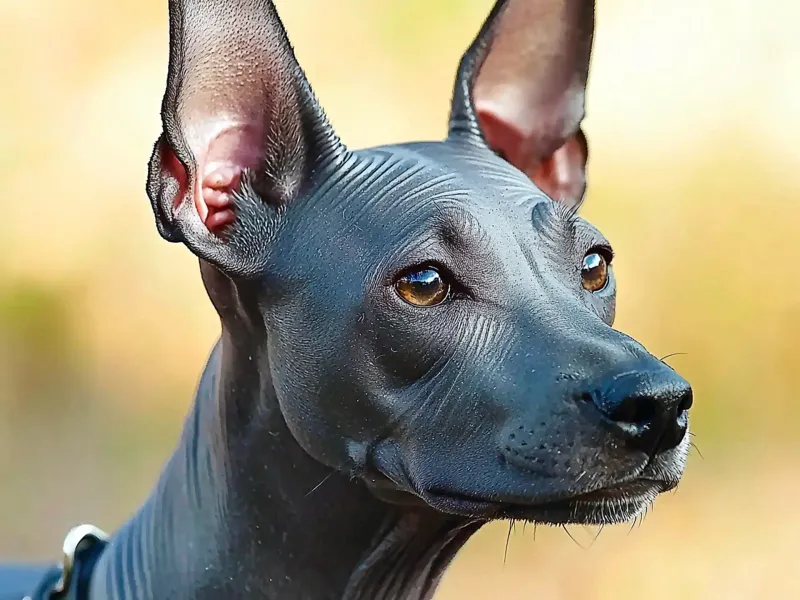
The Xoloitzcuintli, or “Xolo,” is a one-of-a-kind, hairless breed with ancient roots, known for its striking appearance.
While they make fascinating pets, they come with their own set of challenges—without fur, they’re sensitive to temperature extremes and need sun protection or clothing.
Their skin requires regular moisturizing to prevent dryness or irritation. Xolos are also independent and strong-willed, so they need an experienced owner who can provide consistent, gentle guidance.
Since they’re rare, finding a vet familiar with their unique needs can also be a challenge, making them a fascinating but demanding choice.
3. Chihuahua
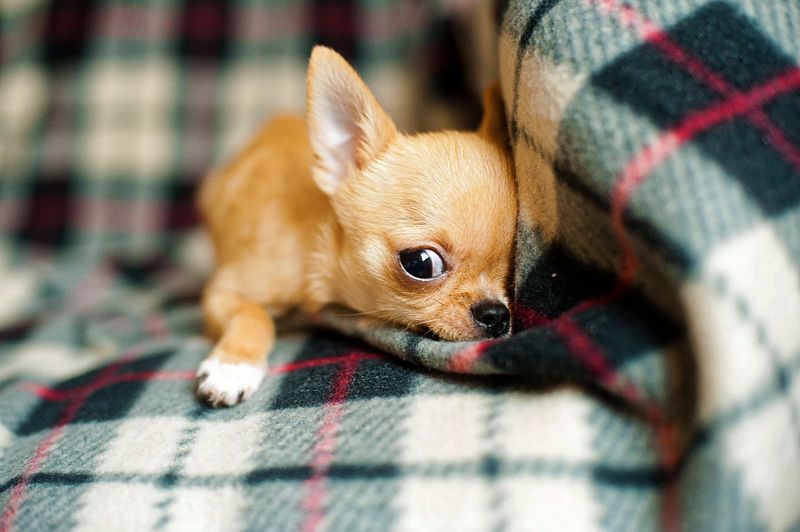
Chihuahuas might be tiny, but they sure have big personalities and lots of charm! These little dogs can act like they’re much bigger, with strong protective instincts, so early socialization is key to prevent behavioral issues.
Training can be a bit challenging since they’re independent, but with patience and positive reinforcement, they’ll get the hang of it.
Health-wise, Chihuahuas are prone to dental issues and patellar luxation, so regular vet check-ups are essential. If you’re ready to handle their bold personality and provide the care they need, a Chihuahua can be a loving and fun companion!
4. Chow Chow
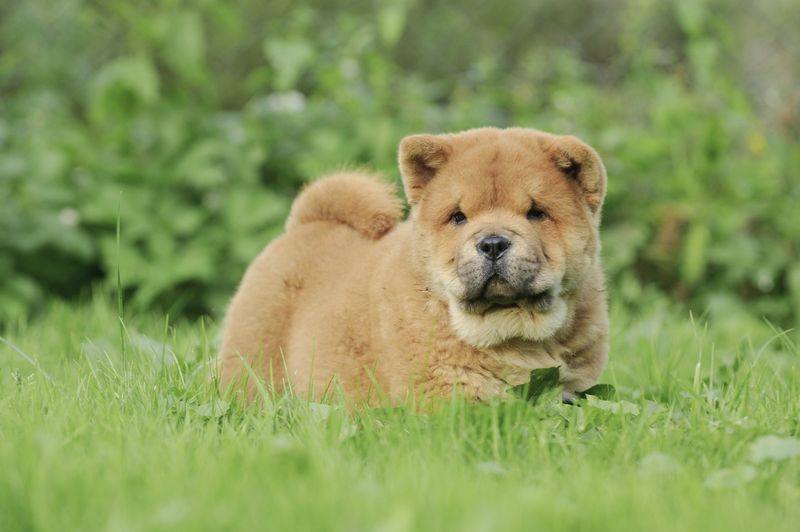
Chow Chows are stunning dogs, with their lion-like mane and signature blue-black tongue, but they’re not always the easiest fit for every household.
Known for their independent and sometimes aloof nature, they often bond closely with one person and may show indifference to others, which can be tricky in a family setting. Early socialization is key to preventing aggression, as they have a strong protective instinct and can be territorial without proper training.
Regular vet visits are important, as they’re prone to health issues like hip dysplasia and entropion, and their thick coat requires grooming to avoid matting.
If you’re ready to commit to training, grooming, and providing firm leadership, a Chow Chow can be a loyal and protective companion.
5. Dalmatian
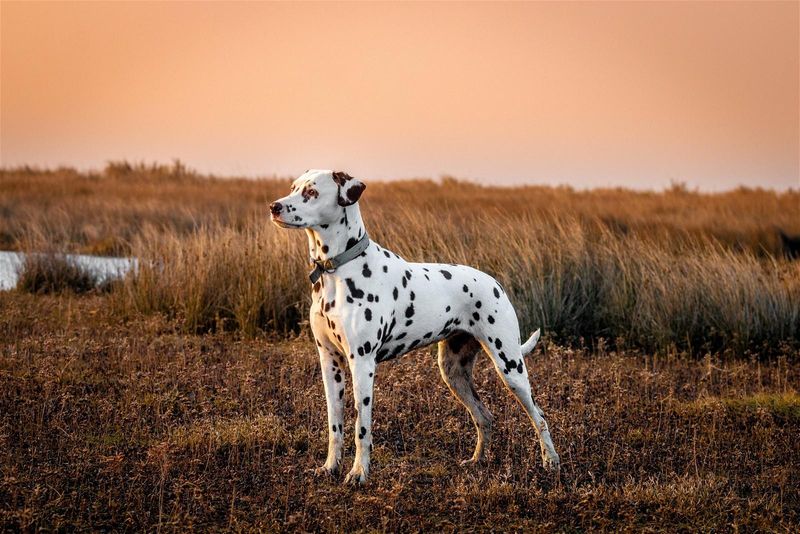
Dalmatians are famous for their distinctive spotted coats and energetic personalities, making them a great fit for active families.
However, their high energy levels mean they need plenty of physical activity and mental stimulation to stay happy—otherwise, they can become destructive. Daily walks and playtime are a must for this breed.
Dalmatians can also be stubborn, so training requires patience and consistency, along with early socialization to help them become well-behaved adults.
They’re also prone to deafness, with about 30% of Dalmatians experiencing some level of hearing loss, so regular vet check-ups and hearing tests are essential.
6. Komondor
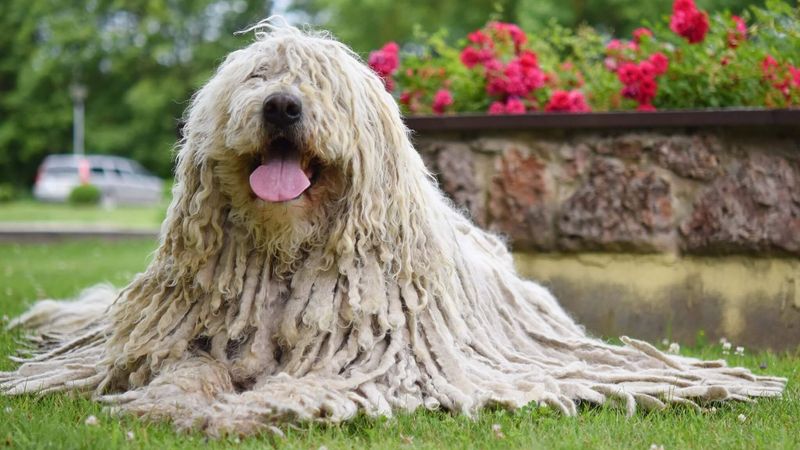
The Komondor is hard to miss with its unique corded coat, often resembling dreadlocks, but maintaining this look requires a lot of effort.
Grooming is an intensive task, as their cords need regular upkeep to stay clean and healthy. Bred to protect livestock, these dogs are naturally wary of strangers, so early socialization is key to making sure they’re well-adjusted.
They do best in spacious environments where they can roam freely, so apartment living isn’t ideal for them. If you’re ready for a lifelong grooming commitment and can provide the space they need, a Komondor can be a loyal and protective companion.
7. Siberian Husky
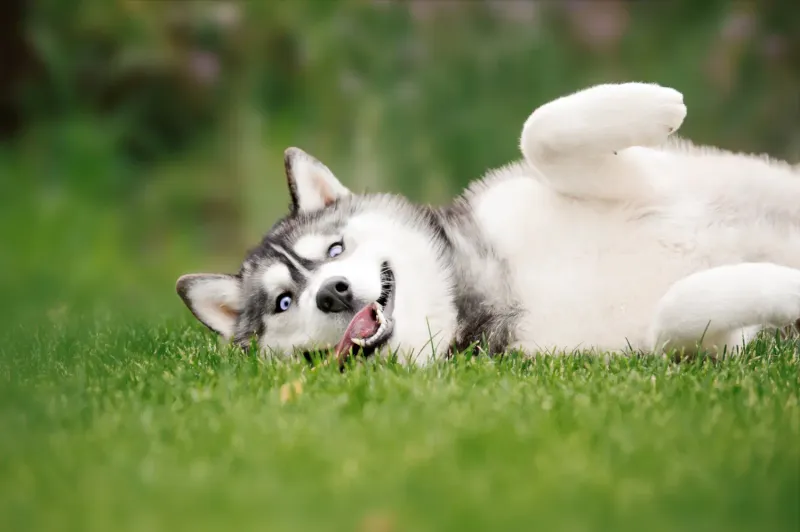
Siberian Huskies are stunning dogs with striking looks and boundless energy, making them fantastic pets for active families.
They need plenty of exercise to stay happy, so activities like running and hiking are a must to prevent boredom and destructive behavior.
Training can be tricky, as Huskies tend to be independent and stubborn, but with patience and consistency, they’ll learn commands.
They’re also escape artists, so secure fencing and supervision are essential to keep them safe. If you’re ready for an active lifestyle and committed to their exercise and training needs, a Husky will be a loyal and fun companion!
8. Rottweiler
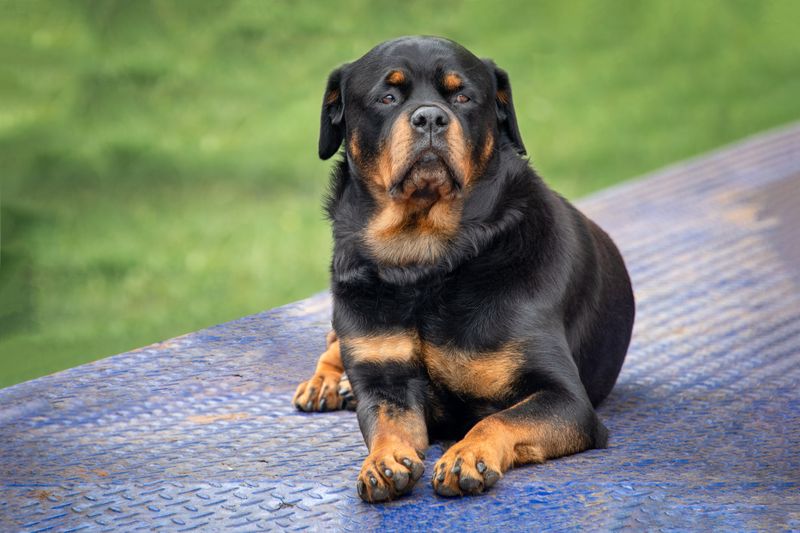
Rottweilers are strong, confident dogs known for their loyalty and protective nature, but they do require an experienced owner.
Without proper training and leadership, they can develop aggressive behaviors, especially around strangers or other animals, so early socialization and obedience training are key.
They’re also prone to health issues like hip and elbow dysplasia, as well as heart problems, so regular vet check-ups are a must.
Regular exercise is essential to keep them mentally and physically healthy, as a bored Rottweiler can become destructive. If you’re ready to put in the time for training and care, a Rottweiler can be a loyal and protective companion.
9. Pit Bull
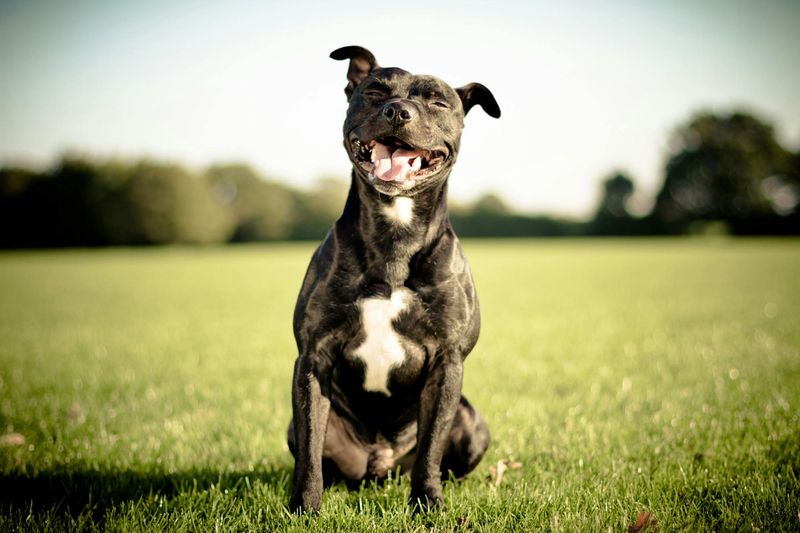
Pit Bulls often get a bad rap, but they’re actually loving, loyal pets with the right care and attention. Their strength and energy mean they need plenty of exercise and mental stimulation to stay happy and prevent boredom-driven mischief.
Training is a must, as they have a strong will and muscular build, so early socialization and positive reinforcement are key.
They can also be prone to health issues like hip dysplasia and skin allergies, so regular vet visits and a good diet are important. If you’re up for the commitment, a Pit Bull can be an affectionate, devoted companion!
10. Akita
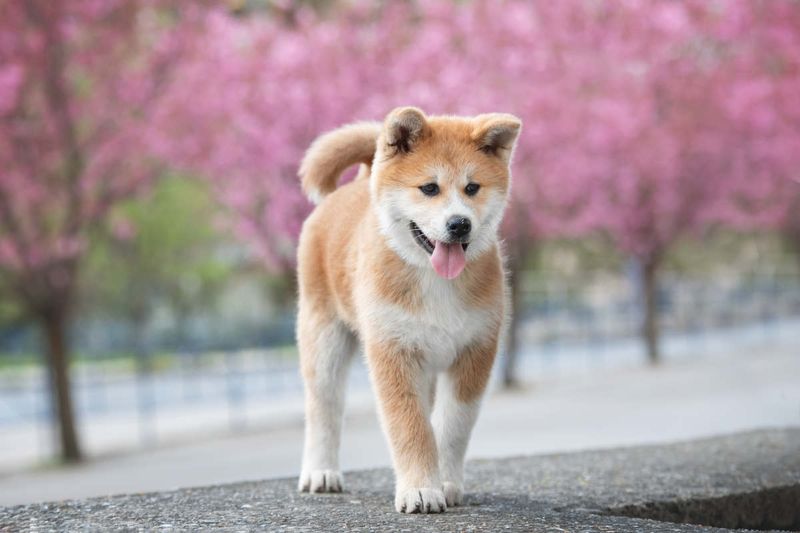
Akitas are large, powerful dogs known for their courage and loyalty, but they come with a few challenges.
Their natural aloofness, especially toward strangers, makes them excellent guard dogs, but they require early socialization to avoid aggression.
Akitas are strong-willed, so training can be tough, but with patience and positive reinforcement, you can get them to follow commands.
They’re prone to health issues like hip dysplasia and autoimmune disorders, so regular vet visits and a healthy diet are important. With the right care, an Akita can be a loyal, protective, and loving companion for the right owner!
11. Cocker Spaniel
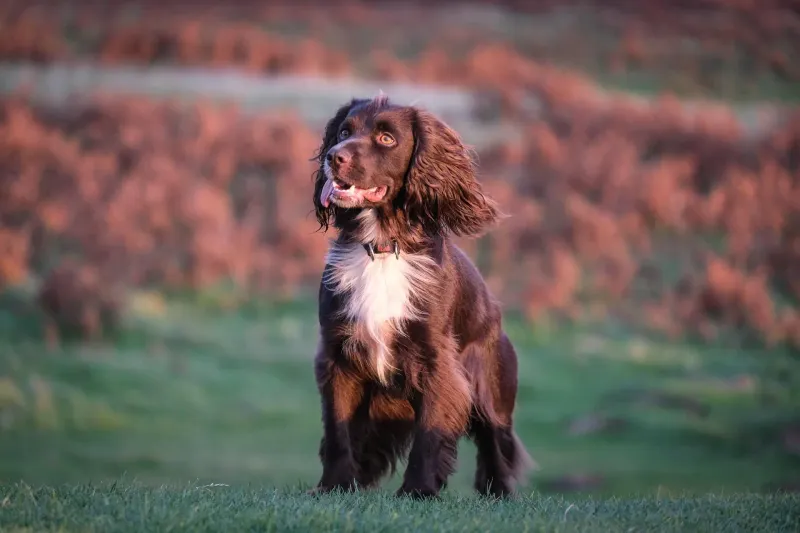
With their stunning coats and friendly personalities, Cocker Spaniels make wonderful family pets, but they do come with some challenges.
Their long, silky coats need regular brushing to avoid tangles and matting, so be prepared to spend time on grooming. They’re also prone to ear infections and hip dysplasia, making regular vet visits important for their health.
Training can take some patience since they’re sometimes sensitive or stubborn, but positive reinforcement and early socialization go a long way. If you’re ready for the grooming and health care commitment, a Cocker Spaniel will reward you with loyalty and love!
12. Jack Russell Terrier
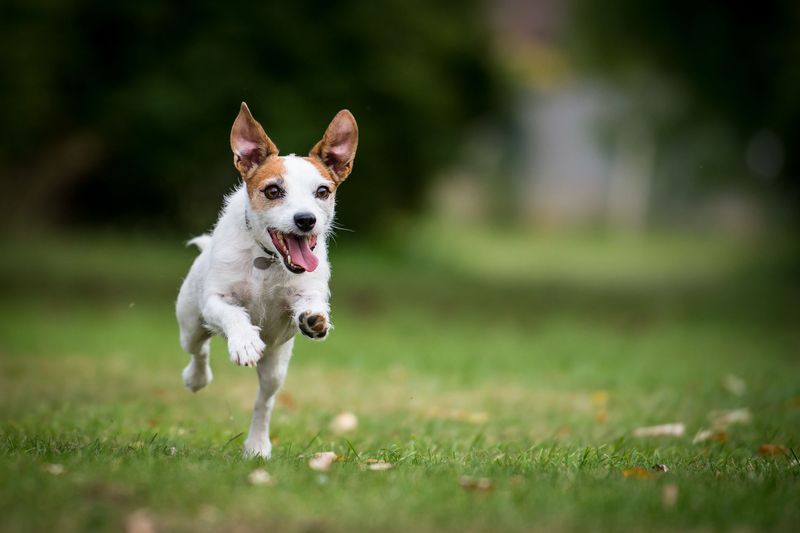
Jack Russell Terriers are small but full of energy and intelligence, making them lively companions but also a bit of a challenge.
Their high energy means they need plenty of playtime, walks, and mental stimulation to stay happy and avoid boredom-driven mischief.
Training can be tricky since they’re independent and stubborn, but with patience and positive reinforcement, you’ll see progress.
They can also be prone to health issues like patellar luxation and deafness, so regular vet check-ups are important. If you’re ready for an active, committed lifestyle, a Jack Russell can be a fun, loving addition to your family!
13. Bulldog
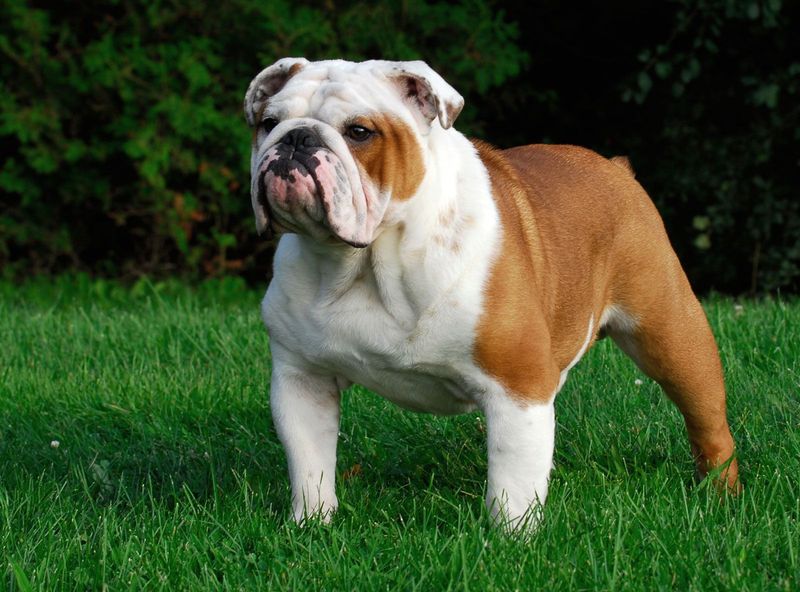
Bulldogs are famous for their wrinkled faces and easy-going personalities, making them great companions, but they do come with a few challenges.
Their unique facial structure can cause breathing problems, and they’re prone to weight gain, so regular vet check-ups and a balanced diet are a must.
While Bulldogs are low-energy and don’t need a ton of exercise, they still require regular playtime and short walks to stay healthy.
Training can be a bit tricky since they can be stubborn, but with consistent positive reinforcement and early socialization, they’ll thrive. If you’re ready to manage their health and training needs, Bulldogs will be loyal and loving companions!
14. Pekingese
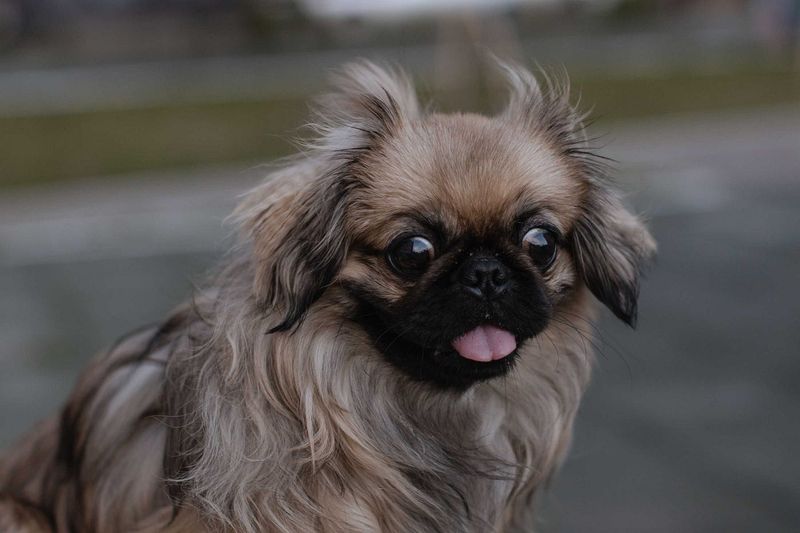
Pekingese dogs are known for their royal look and big personalities, but their independent nature might not make them suitable for every household.
These dogs love doing things their own way, so training can be a challenge, but consistent positive reinforcement can work wonders.
They’re also prone to respiratory issues due to their flat faces, so regular vet check-ups are essential to keep them comfortable.
Grooming is another big task, as their long, luxurious coats need frequent brushing to avoid matting. If you’re ready for the time and care they require, a Pekingese can be a charming and loyal companion!



